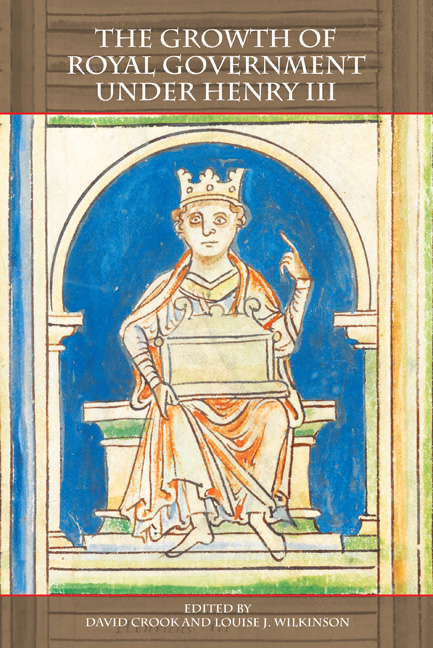14 - The Origins of the Office of Escheator
Published online by Cambridge University Press: 13 April 2021
Summary
English kings from the Conquest onward prized feudal incidents as sources of patronage and revenue, but it was not until Henry III's reign that an office devoted to administrating those rights – the escheatorship – was permanently established. Angevin kings relied on a variety of methods to find, seize, keep and account for the lands and rights to which lordship entitled them. They worked well enough to enable John's ruthless exploitation of those resources, driving the barons to formulate restrictions on the king's feudal authority, which became enshrined in Magna Carta. The Crown, however, did not relinquish its rights, and the turmoil in the wake of Magna Carta and John's death emphasised anew the importance of feudal incidents to the king. Between 1217 and 1250, therefore, the royal government experimented with different administrative configurations to manage its feudal assets. These efforts raised issues regarding the span of authority of different offices, relationships among officials, the role of the eyre, and how best to use the resources that came to the Crown. Through this process the office of escheator gradually came into being, until, by 1250, it had become a regular feature of the king's government in county communities.
The foundation of the escheatorships was one outcome of efforts by the council and Exchequer to address Henry III's chronic financial insecurity. Henry's fiscal problems and the Exchequer's response have been extensively investigated. Chief among the many historians of the period, Carpenter, Mills, Stacey and Vincent have exposed not only the harsh financial realities of these years, but also the political turbulence of Henry's court. Favour and factionalism, along with Henry's political whims, strained the king's resources and made consistent fiscal policy difficult, and at times impossible. They also emphasised the court's insatiable appetite for patronage. Despite these adverse circumstances, the council and Exchequer launched a number of initiatives to bolster Henry's revenues, and these created a remarkable degree of stability in the 1240s. While the contribution that feudal incidents played in this financial recovery has been made clear, much less attention has been paid to the evolving administration of those rights. Accounts of the beginnings of the escheatorships have been sketchy and incomplete and have not related them to the broader effort at financial reform. That is the goal of this paper.
- Type
- Chapter
- Information
- The Growth of Royal Government under Henry III , pp. 227 - 266Publisher: Boydell & BrewerPrint publication year: 2015



